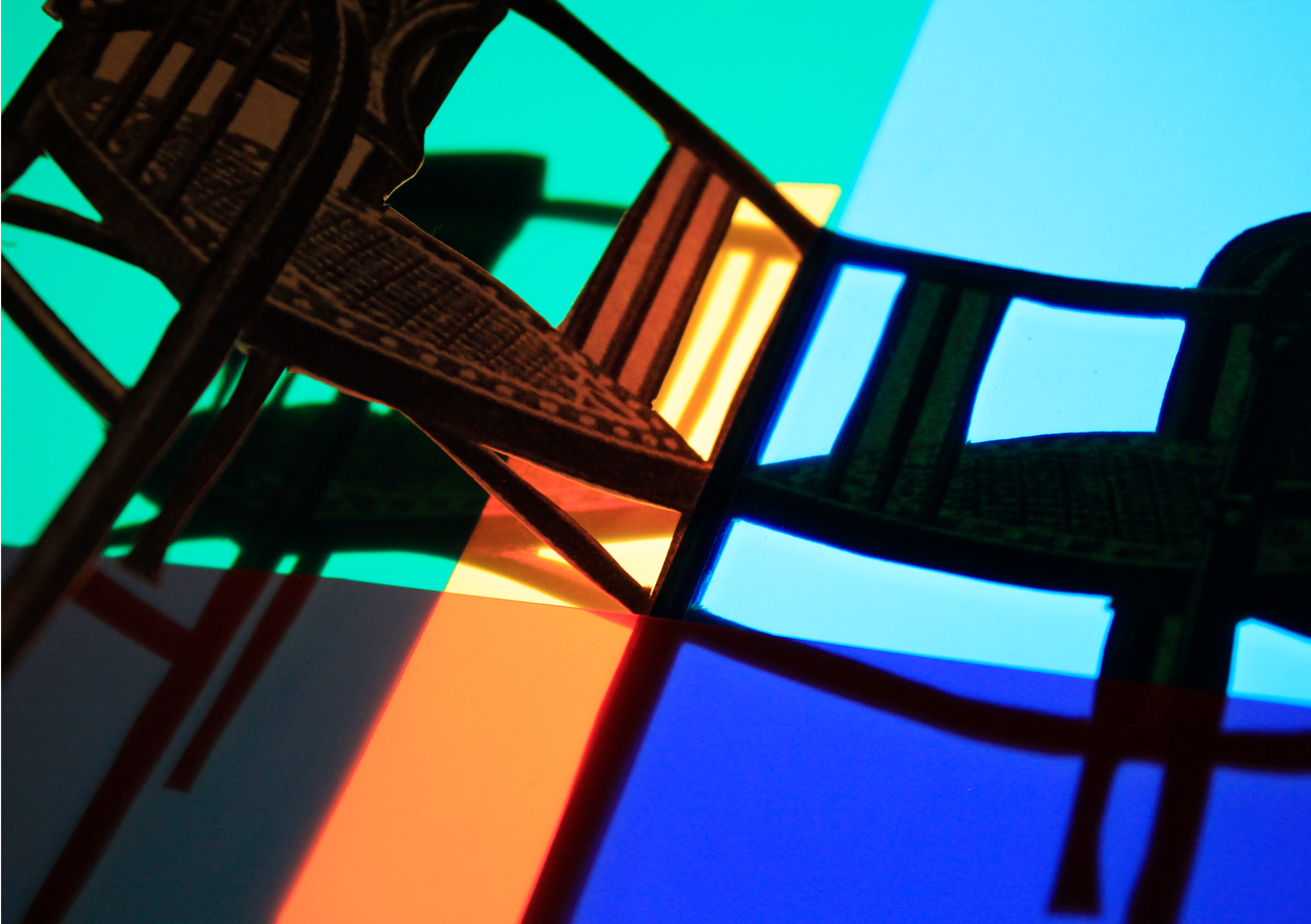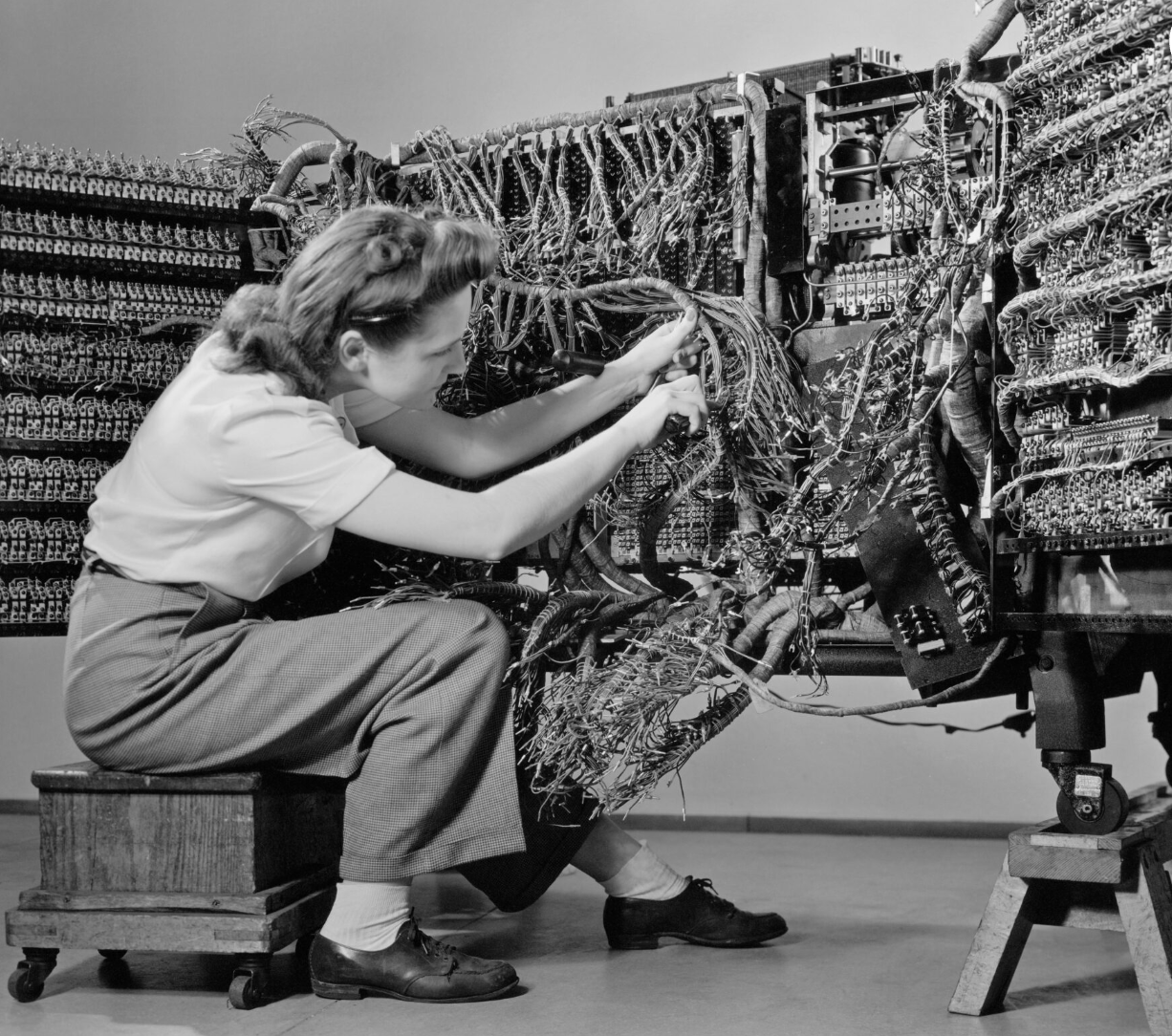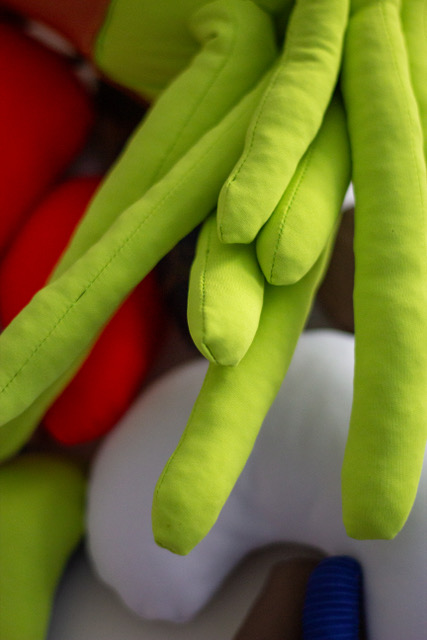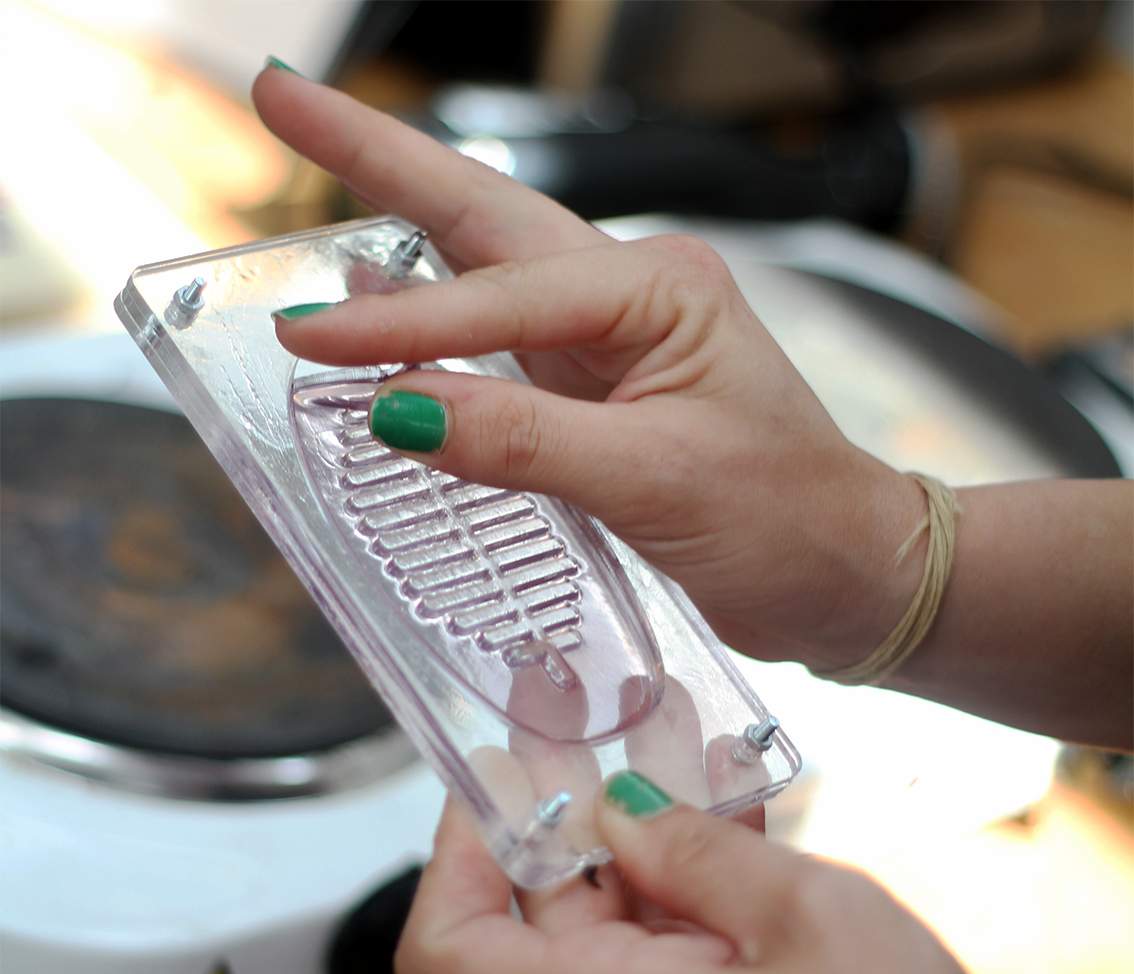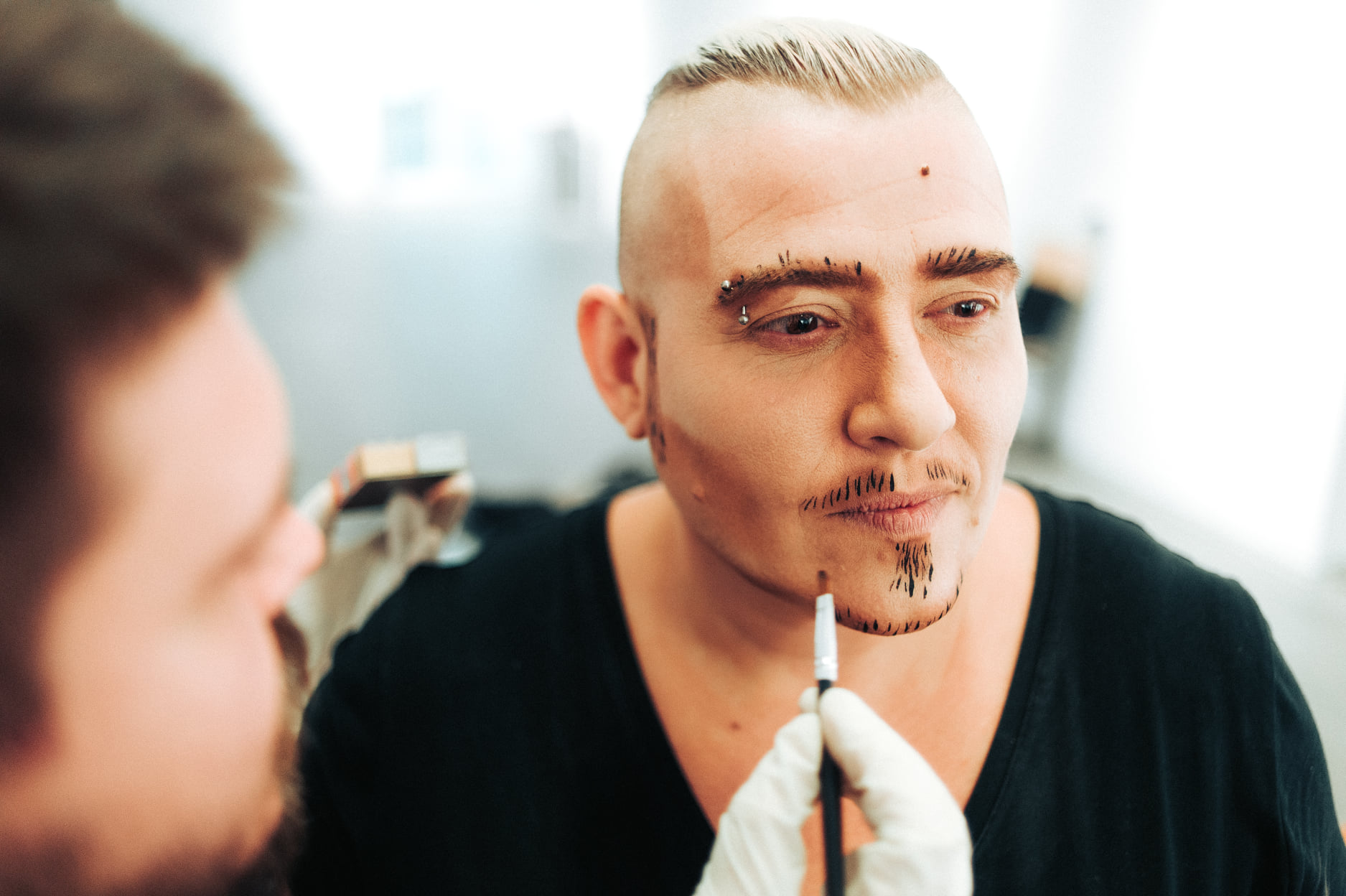Tag: electronic
-
Miss Baltazar's Lab workshops in Christiania – Copenhagen April 2013 – only women and trans
In a three-day workshop we will hack hardware, make noise and produce stencils with open-source software The workshops will be held on Fridays at 15h in Maelkeboetten/ Christiania


